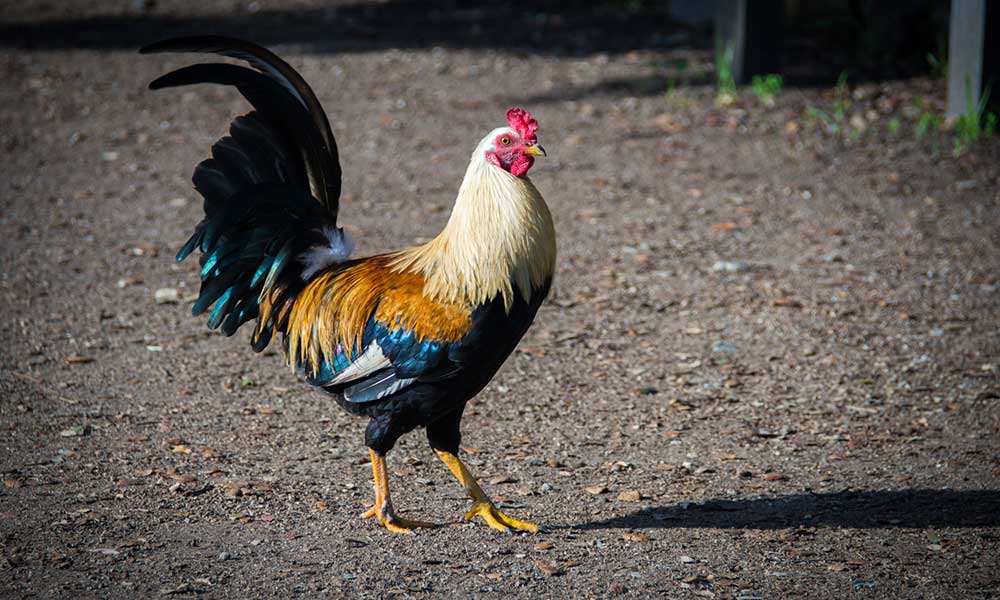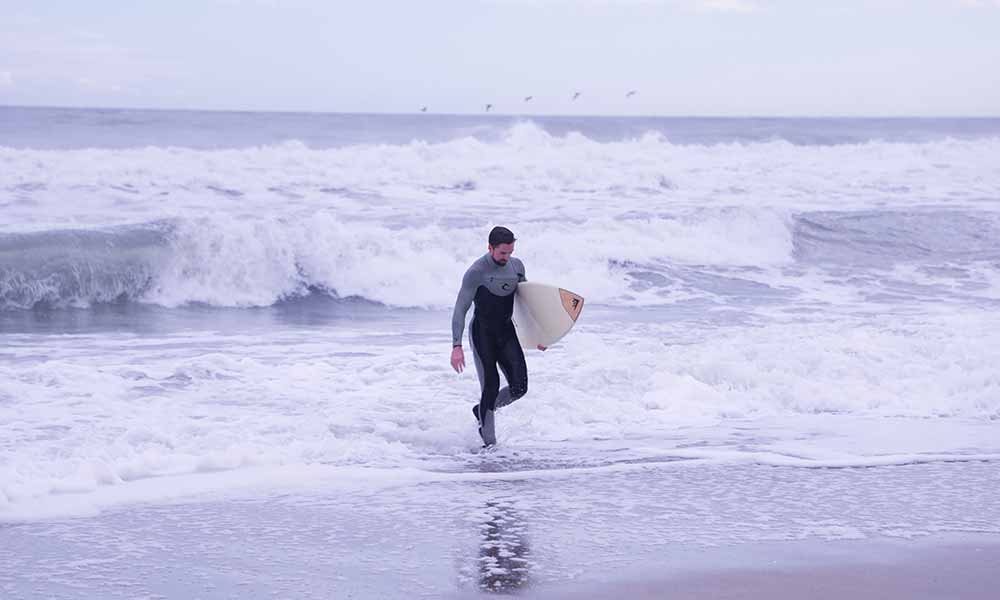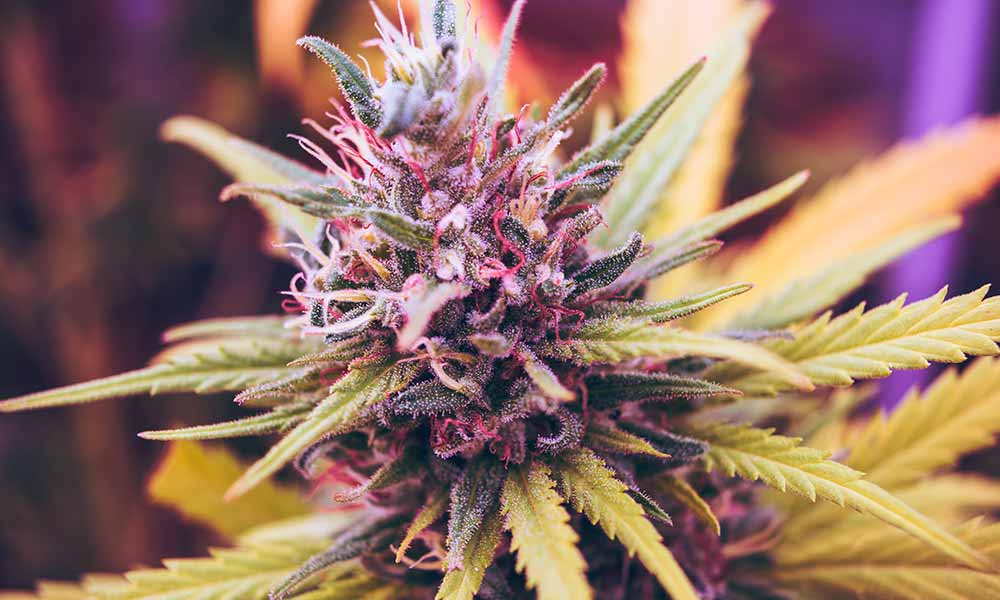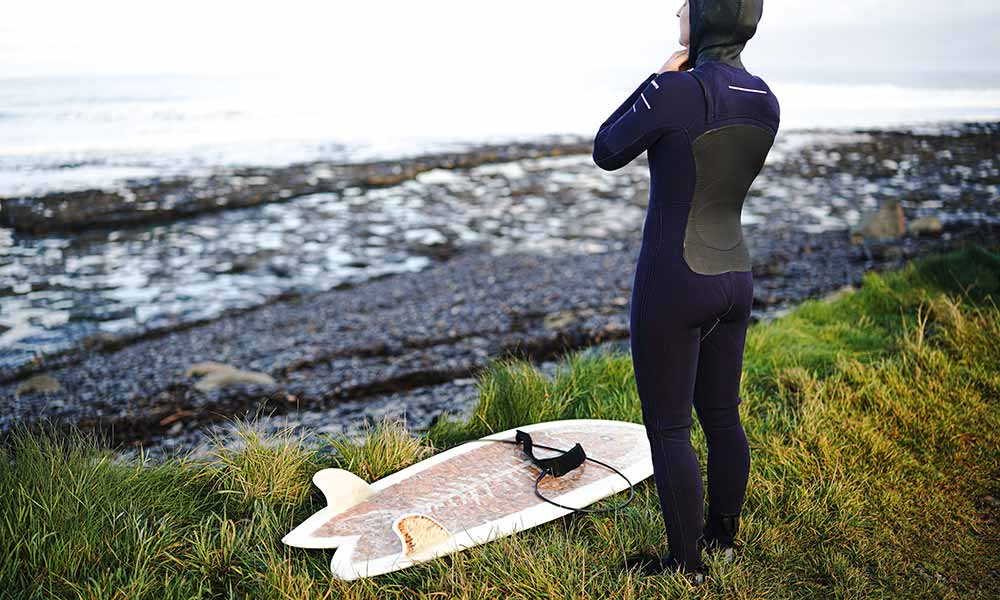Gibraltar is famous for its monkeys, Okunoshima for its rabbits, and Tonawanda Island for its cats.
For one reason or another, animals have overrun these areas and made them just as famous as any landmark, museum, festival, and national dish.
Hawaii has its own animal “problem”.
If you find yourself on the island of Kauai, you’ll almost certainly be within touching distance of a flock of wild chickens.
But why are there so many wild chickens on the island? What’s the story behind Kauai’s wild chickens, and is it something that you need to worry about as a tourist?
Why Are There So Many Wild Chickens in Kauai, Hawaii?
Domesticated chickens aren’t built for strength.
They have been bred specifically for food (meat and eggs) since the Hellenistic period (around the time of Alexander the Great) and serve as easy prey for countless predators.
In most parts of the United States, Europe, and pretty much all over the world, chickens are an easy and nutritious meal for foxes, raccoons, wild dogs, mink, owls, coyotes, and hawks.
If you take all of these predators out of the equation, the chickens don’t have any natural predators and so their population will boom.
That’s essentially what is happening in Kauai.
Hurricanes Iwa and Iniki
The birds that you see scattered throughout the island of Kauai are related to domesticated birds that were once kept for their eggs and meat.
During Hurricane Iwa in 1982 and Hurricane Iniki in 1992, the birds were let loose from their habits and allowed to roam around the island.
Such incidents are not uncommon, but when they occur anywhere else in the United States, the birds become easy pickings for wild dogs and cats.
On Kauai, there are no natural predators, nothing to keep the population low, and so the birds just keep reproducing.
Why Are There so Many Roosters in Maui?
Maui has reported a sharp rise in rooster populations over the last decade or so and there are similar issues on other Hawaiian islands.
As you might expect, these islands were also ravaged by hurricanes and the strong winds destroyed domestic coops and unleashed flocks of birds.
The lack of natural predators is not exclusive to Kauai and is true for all of Hawaii, making it the perfect breeding ground for domesticated birds.
Wild Chickens vs Domestic Chickens
Kauai’s chickens are often called “wild chickens”, as they are not contained within coops.
However, they are technically feral chickens, as “feral” denotes a domestic animal that has turned wild and is non-native to the area while “wild” refers to a native species living in the wild.
Wild fowl are a little savvier when it comes to avoiding predators and humans.
Feral chickens are more likely to rely on humans for food and may be a little clueless when it comes to avoiding danger.
Are Feral Chickens Good or Bad for Kauai?
Whether the chicken population is good or bad is still up for debate, but there certainly seem to be more pros than cons.
Chickens eat bugs, and there is no shortage of them in Hawaii.
They help to reduce the population of centipedes and other bugs.
These “free range birds” also generate a lot of interest from tourists and create revenue through merchandise and sheer fascination.
But there are some serious downsides.
The island is covered in chicken poop and it’s not easy to clean.
Chickens may also carry diseases and the risk is greater when they are allowed to roam free and defecate everywhere.
They also destroy vegetable patches as they hunt for food.
We’d hazard a guess that the chickens benefit the island more than they harm it, but it’s hard to quantify those pros and cons, so who knows?
Can You Kill Chickens in Hawaii?
No, you can’t go around killing chickens in Hawaii.
Not only does it go against common decency, but you may also be breaking the law.
In some areas, it is legal to humanly capture the birds and domesticate them, but you can’t take it upon yourself to reduce Kauai’s wild chicken population.
Summary: What’s Behind Kauai’s Wild Chicken Population?
To summarize, Kauai has so many chickens because hurricanes destroyed domestic coops, chickens escaped, and there are few natural predators keeping them in check.







